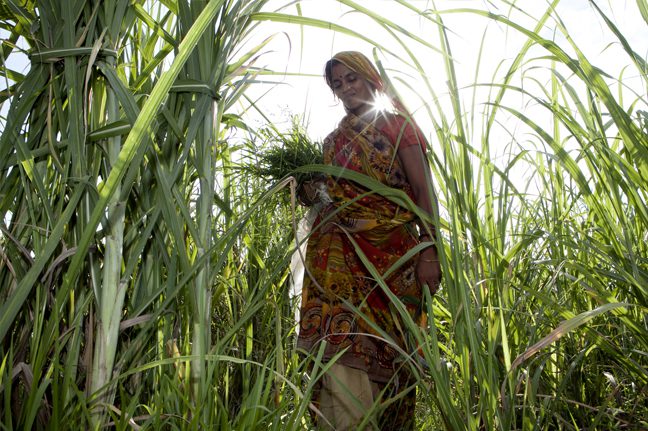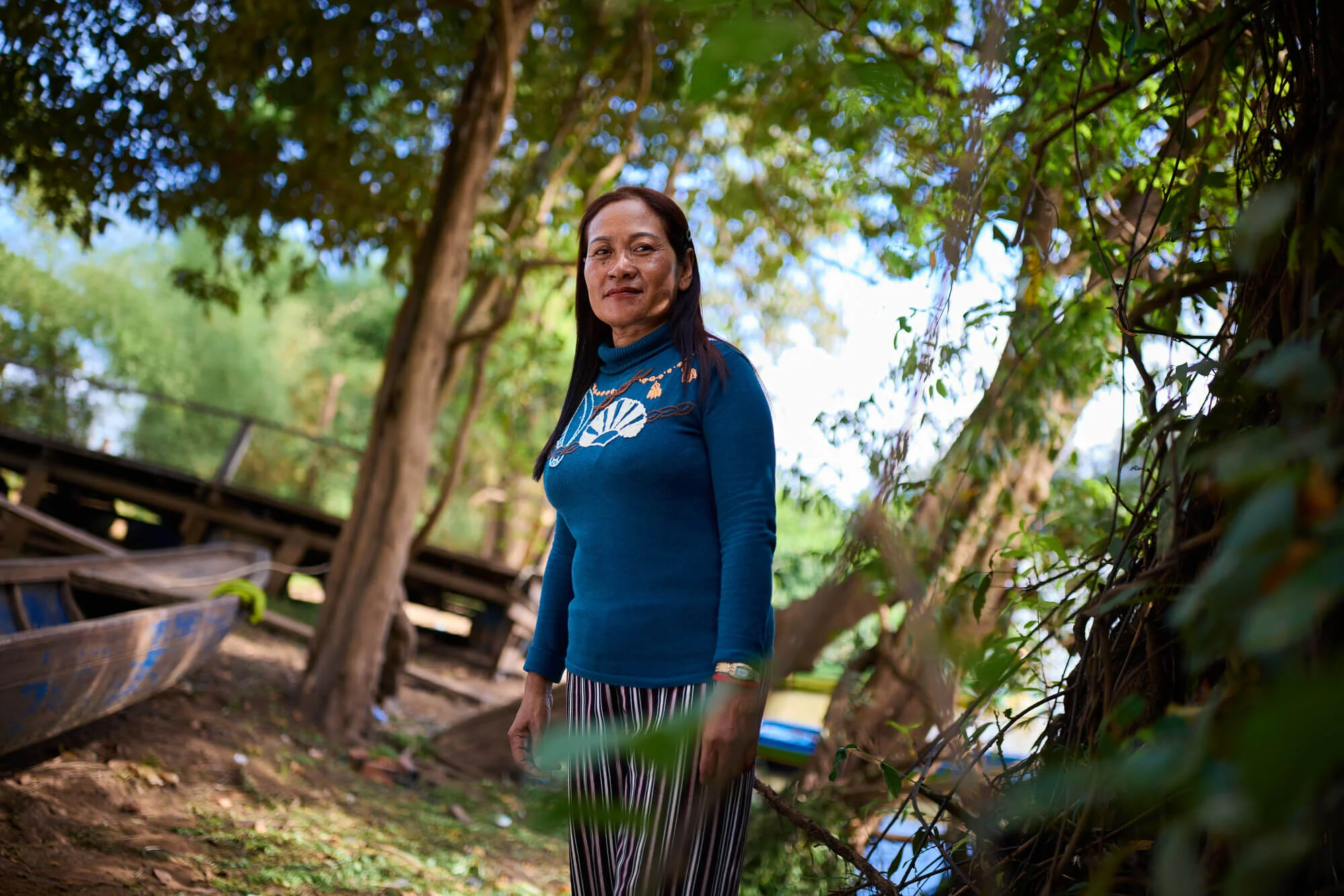By Winnie Byanyima, Executive Director, Oxfam International.
Across South Asia and Southeast Asia, millions of small family farms are the bedrock of national food security. But the pressure on these farmers is increasing. Population growth is not slowing, demand for land for development is accelerating, and agricultural productivity seems to be reaching a plateau.
When we talk to farmers, they tell us about changes they’re seeing in the climate. Planting season rains are erratic and drought is more common. In 2010, the Mekong River charted its lowest level in two decades; 60 million people living along the river were affected. Vietnam, one of the world’s largest rice producers, is in danger of losing huge swathes of productive land due to rising sea levels.
Family farms provide up to 80% of the food supply in Asia and sub-Saharan African. Supporting these small-scale producers to reach their full potential is one of the simplest strategies that could transform our global food system.
Rural women are these small-scale producers.
Today, to mark the International Day of Rural Women, the time for steadfast political commitment to help rural women has arrived. Government programs must re-orient themselves. They have a key role in encouraging women farmers and marketing collectives. Women must be the focus when they roll out agricultural support programs that can bolster crop yields, overcome transportation challenges, and deliver timely market pricing information. The payback is clear – giving women access to the same productive resources as men could reduce the number of hungry people in the world by 100 to 150 million people.
In the Philippines and Indonesia, we need to see land reform and protection for poor people’s rights to stay on their land. In Cambodia, Lao PDR, Myanmar and Thailand, irrigation facilities are desperately needed. In fact, financial investment in agro-ecological, climate-resilient sustainable agriculture support for small farms is in short supply.
On a recent visit to India, I learned how recent extreme weather events, such as tropical cyclones, droughts and heavy rains, are having a devastating effect on farm production. Soaring prices across India are forcing Indian families to eat less food or less nutritious food and to cut back on health care, education, and other necessities. Very few women own the land they work on. It’s rare for them to participate in government training programs.
As South and Southeast Asian countries develop, literacy and medical advancements are improving women’s lives. Could the governments of South and Southeast Asia work together to roll out comprehensive regional plans that have a similar transformational effect for women farmers?
Oxfam is part of a global movement for social justice. In our programs, we see those with the least power, being pushed to the limits of subsistence. We must help small farmholders claim their rights. And the vital work of rural women must be acknowledged and valued.
Today I thank rural mothers, daughters and grandmothers for producing the food we eat, and I salute those who are the leaders in farming communities all over the world.



